If you’re feeling overwhelmed by student loan debt and wondering if bankruptcy might offer some relief, you’re not alone — and you’re asking the right question. For years, the short answer to “Can bankruptcy wipe out student loans?” was a discouraging probably not. But that’s no longer the full story — especially here in Ohio, where more and more people are successfully discharging student debt through bankruptcy under updated federal guidelines.
Here’s what you need to know about how student loans and bankruptcy actually work — and whether it’s an option worth exploring.
Are Student Loans Ever Dischargeable in Bankruptcy?
Yes — but it’s not automatic. Unlike credit cards or medical bills, student loans require an extra step to be discharged in bankruptcy. You have to show that repayment would cause you “undue hardship”, which used to mean a long, difficult legal battle that rarely went in the borrower’s favor.
Ohio courts followed the same tough standard as the rest of the country — known as the Brunner test — which asked borrowers to prove:
- That they couldn’t maintain a basic standard of living if forced to repay,
- That their financial hardship would likely continue long-term, and
- That they had made good faith efforts to pay.
In the past, very few people met all three criteria in the eyes of the court. But in 2022, everything started to change.
New Federal Guidelines: A Real Shift in Student Loan Discharge Rules
The Department of Justice and Department of Education introduced new guidance in late 2022 that makes it easier to seek a student loan discharge during bankruptcy.
Now, instead of assuming borrowers don’t qualify, the government works with them to evaluate their financial situation. Borrowers fill out a standardized attestation form, and if the facts show genuine hardship, the Department of Justice may support a full or partial discharge.
What does this mean in practical terms? If you file for bankruptcy in Ohio, and you’re truly struggling to repay your loans, you now have a real shot at getting relief — especially with the help of an experienced bankruptcy attorney.
How to Know If You Might Qualify
While no two cases are the same, you may be a good candidate for student loan discharge in bankruptcy if:
- You’ve been unemployed or underemployed for a while;
- You live with a long-term disability or chronic illness;
- You’ve made consistent (but unsuccessful) efforts to repay;
- You’ve been out of school for years with no realistic path to full repayment;
- Your income is low, and your financial outlook hasn’t improved.
Even if you don’t qualify for full discharge, a partial discharge or payment reduction may still be on the table. And in some cases, interest may stop accruing while you’re in a structured repayment plan.
Chapter 7 vs. Chapter 13 Bankruptcy: Which Option Helps With Student Loans?
There are two types of bankruptcy most individuals file:
Chapter 7 (Liquidation)
- Wipes out unsecured debts like credit cards and medical bills.
- May allow for a student loan discharge under the new hardship guidelines.
- Typically for people with little to no income or assets.
Chapter 13 (Repayment Plan)
- Structures your debts into a 3- to 5-year plan.
- May not discharge student loans, but can pause interest, lower payments, and give you room to breathe.
- Often useful if you’re behind on mortgage or car payments too.
If student loans are one piece of a bigger debt puzzle, bankruptcy might still provide major relief — even if the loans themselves aren’t fully erased.
Why It’s Worth Talking to an Ohio Bankruptcy Lawyer
Student loan law is complicated — and it’s changing fast. Most people don’t even realize that bankruptcy could help them with their loans, especially under the updated rules. Working with a local attorney who understands how courts are handling these cases here in Northern Ohio can make all the difference.
At Nicole Metzger Law, we’ve helped clients from across the region (including Cleveland, Akron, Elyria, and surrounding communities) navigate student loan bankruptcy and explore every available option for relief.
Whether you’re filing a new bankruptcy case or reopening a past one to address student loans, we’re here to help you figure out what’s possible — and what’s best for your future.
What If My Loans Aren’t Discharged?
Even if your loans aren’t wiped out entirely, bankruptcy can still offer significant help:
- Automatic stay: Stops all collection efforts, wage garnishments, and harassment while your case is active.
- Financial relief: Discharging other debts may free up income to tackle your student loans more strategically.
- Plan-based solutions: Chapter 13 bankruptcy can reduce your monthly payments and give you time to stabilize.
For some people, bankruptcy is just one piece of a larger student loan strategy — and that’s okay. What matters is finding a plan that works for you.
You Don’t Have to Stay Stuck
If you’re drowning in debt and wondering if bankruptcy could clear your student loans, it’s time to get clarity. The rules are changing. The stigma is fading. And the path forward might be closer than you think.
Reach out to Nicole Metzger today to schedule a free consultation. We’ll look at your student loans, your full financial picture, and your options — without judgment or pressure.

